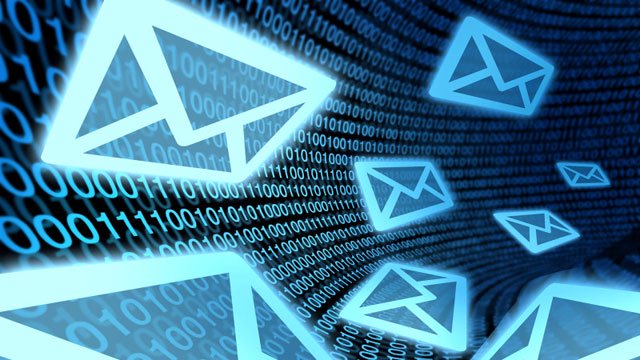
1. Opening and closing lines
The greeting and closing in an email forms an impression about the person who wrote it. Therefore, avoid being generic by beginning with, “To whom it may concern”; do your homework and find out who the email needs to be addressed to and personalise it by including a name. If you don’t have a name, try using formal positions or department name, for example, “Dear hiring manager” or “To the human resources department”. When sending an email, always end with your name and signature including contact details.
Abide by these air travel etiquettes for a pleasant journey
2. Message clarity
It is important to be direct and informative when writing emails. Follow the keep it short and simple guideline to convey the message clearly and concisely. Formatting or message structure is equally important. For example, when addressing multiple points or asking several questions in a single email, use bullets or number paragraphs. For each topic, however, it is advisable to write a separate email in order to keep the clarity intact.
3. Subject line
With an increasing number of spam emails and viruses these days, a blank email is most likely to be ignored. Make the subject line meaningful so a recipient knows what to expect when they open the email. To ensure the email receives the right amount of attention, avoid writing general subject lines such as “Hi” or “Hello”.
Etiquette tips for the office
4. Final review
Proofreading emails is extremely important. Before you hit ‘send’, take a moment to review the email and check for the name and/or title of recipient, abbreviations and spelling, grammar and punctuation mistakes. If possible, exclude any unnecessary information such as questions that have previously been answered. Above all, ensure that the message is written in a polite tone and does not include criticism which can be offered face-to-face behind closed doors.
5. Pay attention
Avoid careless mistakes such as hitting the ‘reply all’ button as no one likes to be distracted with irrelevant emails. By making such mistakes, you also risk disclosing confidential information to an unintended source which can have dire consequences.
Moez Allidina is an OD Trainer at Maktab Learning Solutions.




















1714024018-0/ModiLara-(1)1714024018-0-270x192.webp)























COMMENTS (1)
Comments are moderated and generally will be posted if they are on-topic and not abusive.
For more information, please see our Comments FAQ